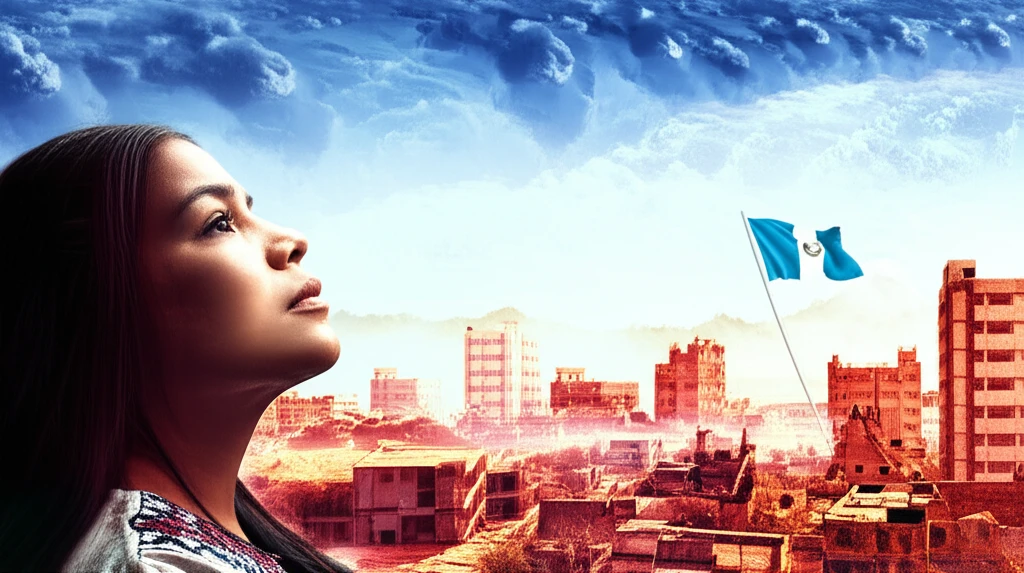
Guatemala: Unveiling the Shadows of a 'Forgotten' War and Its Lingering Scars
"Examining the Echoes of Conflict and the Resilience of a Nation"
In the heart of Central America, the nation of Guatemala carries a history etched with both profound beauty and deep-seated wounds. The Guatemalan Civil War, a conflict that ravaged the country for decades, continues to cast a long shadow, shaping the lives of its people and the nation's trajectory. This article seeks to illuminate the complex tapestry of this conflict, exploring its origins, the atrocities committed, and the enduring struggle for justice and reconciliation.
Inspired by the original reporting from NACLA Report on the Americas, this analysis takes us back to the heart of the war's impact. We will examine the stories of those who suffered, the efforts to uncover the truth, and the ongoing fight to heal the wounds of the past. This piece also acknowledges the original reporting from the brave journalists and human rights advocates who dared to expose the truth during a time of great peril.
Our journey through Guatemala's past is not merely an academic exercise; it is an act of remembrance and a call for continued solidarity. By understanding the history, we can work towards a more just and equitable future. We will explore the narratives of resilience, the search for truth, and the enduring hope for a better tomorrow.
Unmasking the Roots of Conflict: The Seeds of Division and Violence

The Guatemalan Civil War was a complex and multifaceted conflict, rooted in deep-seated inequalities, political repression, and Cold War dynamics. The seeds of division were sown long before the armed conflict erupted, with historical grievances, economic disparities, and the marginalization of indigenous communities fueling tensions. The concentration of land ownership in the hands of a few, coupled with the exploitation of labor, created a volatile environment ripe for conflict.
- Political Repression: The suppression of democratic processes and the elimination of political opposition created an environment of fear and mistrust.
- Economic Inequality: The vast disparities in wealth and income created resentment and fueled social unrest.
- Indigenous Marginalization: The systematic discrimination and exclusion of indigenous communities deepened existing divisions.
- Cold War Influence: The involvement of foreign powers, driven by Cold War ideologies, exacerbated the conflict.
A Path Forward: The Imperative of Justice and Reconciliation
The story of Guatemala is a testament to the resilience of the human spirit in the face of unspeakable adversity. The ongoing quest for truth, justice, and reconciliation remains essential for the healing of the nation. International support for human rights, the pursuit of justice for past atrocities, and the promotion of inclusive dialogue are all vital components of a sustainable peace. By acknowledging the past and working towards a more just and equitable future, Guatemala can begin to heal the wounds of war and build a brighter tomorrow.
